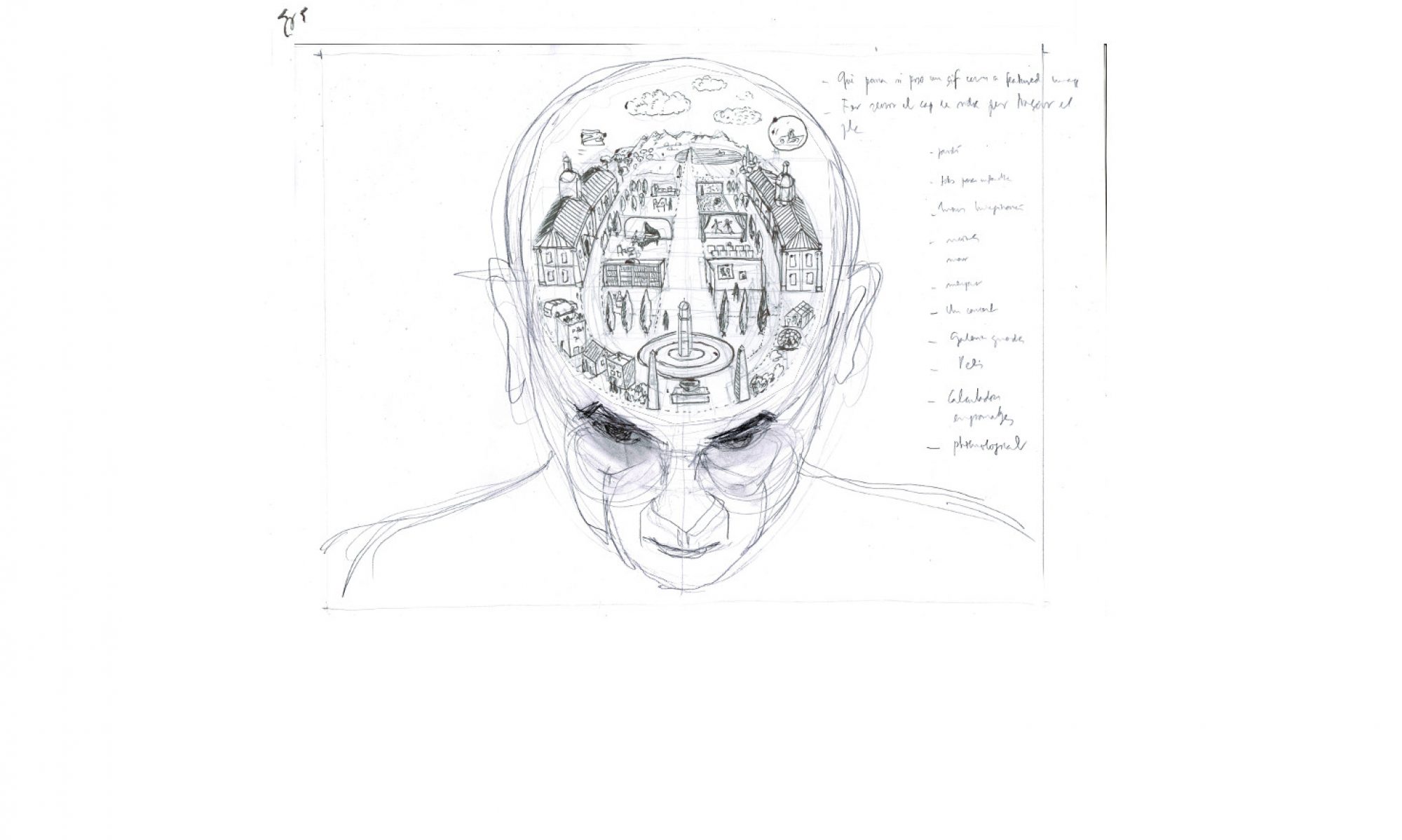The Stanford marshmallow experiment was a study on delayed gratification in 1972 led by psychologist Walter Mischel, then a professor at Stanford University. In this study, a child was offered a choice between one small reward provided immediately or two small rewards if they waited for a short period, approximately 15 minutes, during which the tester left the room and then returned. The reward was either a marshmallow or pretzel stick, depending on the child’s preference. In follow-up studies, the researchers found that children who were able to wait longer for the preferred rewards tended to have better life outcomes, as measured by SAT scores, educational attainment, body mass index (BMI), and other life measures. A replication attempt with a more diverse sample population over 10 times larger than the original study showed only half the effect size of the original study and suggested that economic background rather than willpower explained the other half of the variation.
Sobre la influència de les circumstàncies respecte de la força de voluntat, per exemple els resultats milloren si, tot i saber que tenen una llaminadura a l’abast, està tapada.
https://www.newyorker.com/magazine/2019/10/28/can-brain-science-help-us-break-bad-habits
